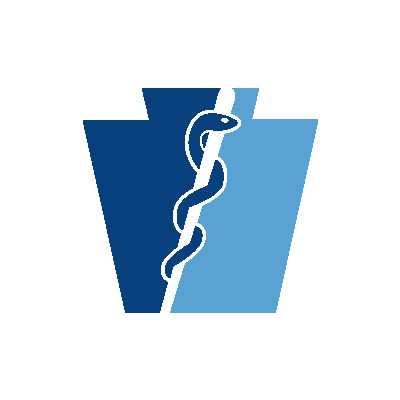 Harrisburg, PA – Secretary of Health Dr. Rachel Levine today encouraged Pennsylvanians to be aware of the signs and symptoms of diabetes and practice a healthy lifestyle that includes regular appointments with your health care provider to reduce the risk of developing this disease. Individuals with type 2 diabetes, of any age, are more likely to have serious complications from COVID-19; diabetes is the third most common comorbidity reported in Pennsylvania COVID-19 deaths.
Harrisburg, PA – Secretary of Health Dr. Rachel Levine today encouraged Pennsylvanians to be aware of the signs and symptoms of diabetes and practice a healthy lifestyle that includes regular appointments with your health care provider to reduce the risk of developing this disease. Individuals with type 2 diabetes, of any age, are more likely to have serious complications from COVID-19; diabetes is the third most common comorbidity reported in Pennsylvania COVID-19 deaths.
“Diabetes is a chronic disease in which blood sugar levels are above normal,” Dr. Levine said. “Diabetes must be managed effectively. If not, this disease can lead to a number of serious health conditions, including adult blindness, kidney failure and lower limb amputations. In 2019, almost 29,400 people were hospitalized in Pennsylvania for a diabetes-related health issue. It’s especially important for people to learn more about diabetes now because the disease can be a cause for further complications from COVID-19.”
Eleven percent of adults in Pennsylvania have diabetes and a significant number of those are not aware of it, which greatly increases their health risk. One in three adults has pre-diabetes, a condition in which blood sugar levels are higher than normal but are not high enough to be diagnosed with diabetes. This means that almost half of all Pennsylvanians either have diabetes or are at significant risk of developing diabetes. Individuals with diabetes are encouraged to talk to their primary care physician about participating in a diabetes self-management education and support program to learn how to better manage their disease.
People can develop diabetes because the pancreas produces little or no insulin, or because insulin is not used properly. There are two main types of diabetes, type 1 diabetes and type 2 diabetes. Type 1 diabetes is a disease of the immune system, and typically starts out during the childhood and young adult years. People with type 1 diabetes need to take insulin daily.
Type 2 diabetes is the most common form of the disease in adults. Type 2 diabetes typically begins when insulin is not used properly. Over time, the pancreas becomes unable to produce enough insulin. Managing type 2 diabetes requires maintaining a healthy weight, making healthy food choices and getting regular physical activity.
The best way to prevent developing type 2 diabetes is to regularly see a primary care provider and to maintain a healthy lifestyle. There is a screening tool developed by the Centers for Disease Control and Prevention, that allows individuals to determine if they have prediabetes. Individuals with prediabetes are encouraged to enroll in and attend a Diabetes Prevention Program, where they will learn how to eat healthy, add physical activity to their daily life and deal with stress.
Symptoms of diabetes include:
- Increased thirst and urination;
- Unexplained weight loss;
- Blurred vision; and
- Feeling tired all the time.
High blood pressure or elevated cholesterol is also associated with type 2 diabetes.
Type 2 diabetes is more common in certain racial and ethnic groups, including African Americans, Hispanics, and American Indians.
More information on diabetes can be found on the Department of Health’s website at health.pa.gov or follow us on Facebook and Twitter.

